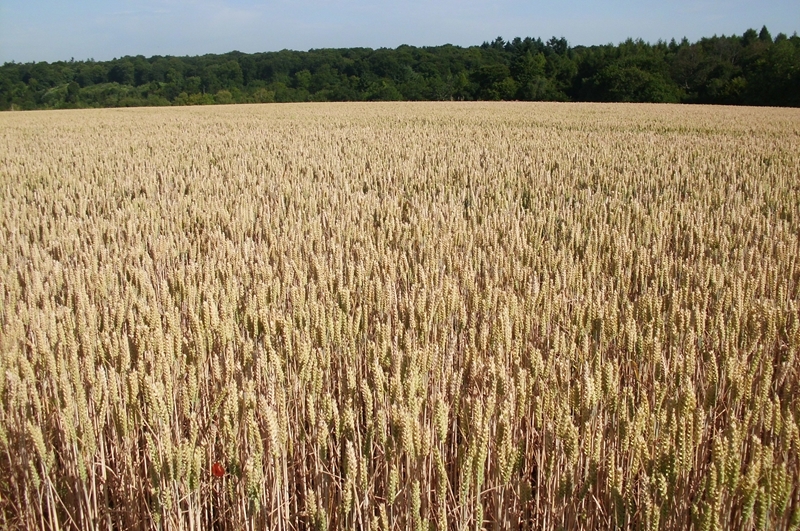The day the world changed
When historians come to write the history of our times, 24 February 2022 may well be remembered as the day the World changed. We have no idea yet where the horror in Ukraine will lead, but we can be sure things will be different.
Amidst the tragedy, a few are clinging to the old myths about fossil fuel powered growth. You can even find MPs and newspapers saying UK shale gas will solve the sudden rise in gas prices, oblivious to the facts it would take five years to exploit in a big way and would still be owned by the companies who extracted it – who would sell it at the current world price.
Let’s at least welcome one tiny ray of light – the end of the West’s reliance on Russian gas and the now unanswerable need for non-fossil energy, building insulation and more support for the poorest in our society.
While the rest of Europe anxiously watches what the Russian bear is up to, another country has worries of its own. President Xi is plainly torn between his recent friendship with President Putin and his country’s reliance on international trade and investment; one or the other has to bend.
One UK area particularly invested by China has been the so-called “Oxford-Cambridge Arc”, the wholly artificial collection of five-and-a-half counties designated by the Treasury to receive a million more car-dependent-sprawl homes, motorways and bucket loads of cash from China, the Middle East etc.. As our first report on the Arc showed, the choice was arbitrary from the start.
We have long said that the Arc concept of building on England’s bread and vegetable basket was never a good idea. Now, with the world anxiously foreseeing wheat shortages and the UK’s lack of food security, it’s beyond irresponsible.

The whole Arc idea mostly seems to have come from the fact that nearly all Cabinet ministers attended a couple of fine universities there. But, as our second report on the Arc showed, the UK has many fine universities and if the Arc concept is a robust one, there could be other places it might usefully be applied.
Now Whitehall has dumped responsibility for keeping the Arc alive to those local authority leaders who have ignored local concerns and gone along with its sprawling ambitions and the developers who have long salivated about all that development land so temptingly close to London.
The times they are a-changing, but politicians and bureaucrats always find it hard to admit they’ve been pursuing a mistake.
2022 is different, however. Not only do we have war in Europe, with threats to food and energy security, let alone democracy, but we have had the starkest warning yet from the IPCC in its latest report on climate change. There are tough times ahead and we must find the strength and wisdom to face them.
Jon Reeds
 Jon Reeds
Jon Reeds
 Nigel Pearce
Nigel Pearce